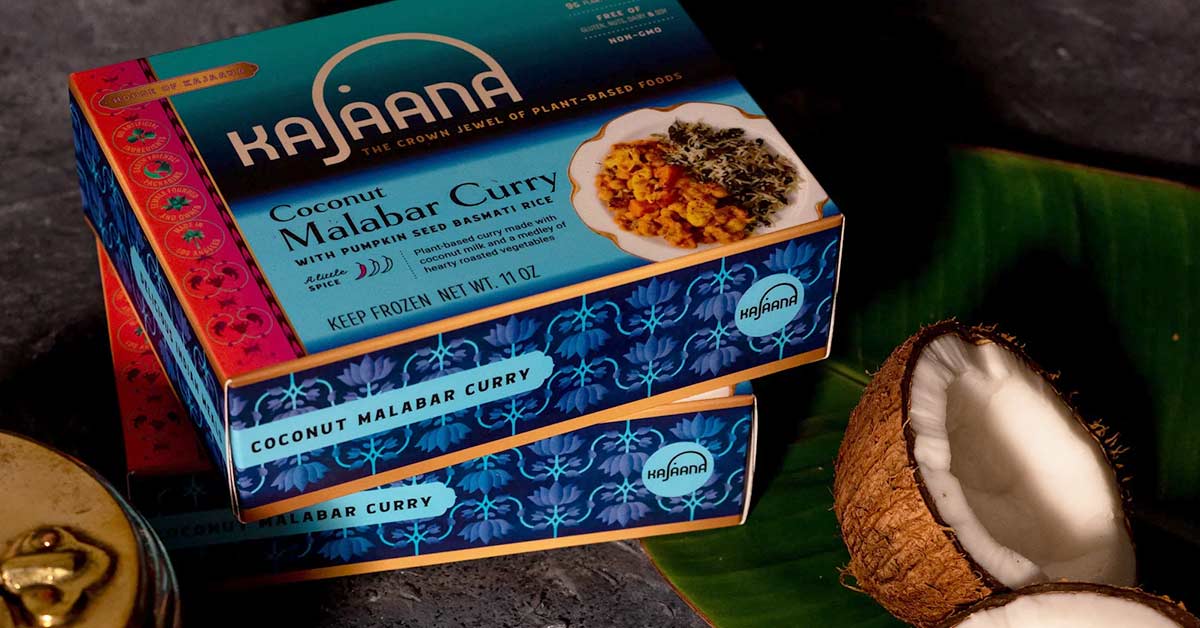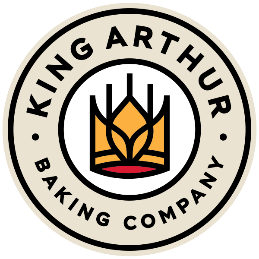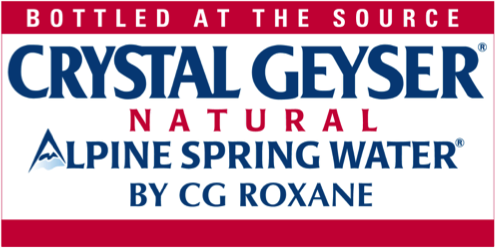House of Kajaana Seeks Premium Approach to Frozen Indian Meals

When House of Kajaana founder and CEO Sabah Ashraf was young, her parents hired an Indian cook to prepare meals for them at their Massachusetts home. But when that chef had to return to India, her parents purchased a large freezer and had the cook prepare a year’s worth of meals to keep and defrost. It’s a memory she recalls with an almost magical quality, and it’s what inspired her to create a frozen Indian food brand of her own.
“In the suburbs of Boston, picture this big freezer down there in the basement, and picture young me growing up, recognizing that feeling so strongly that a freezer is like a treasure chest in a home,” she said. “I just loved it, and so it was imprinted in my heart and in my head like a food strategy in my life.”
Founded in 2021, House of Kajaana makes three varieties of frozen Indian meals: Cauliflower Tikka Masala with pea and basmati rice, Roasted Butternut Saag with bright tomato basmati rice, and Coconut Malabar Curry with pumpkin seed basmati rice, all of which retail for $9.99.
The brand is currently available in around 130 Whole Foods stores, which it added this fall, and various Pop Up Grocer, Happier Grocery and other independent accounts across New York and Florida, as well as with grocery delivery service Fresh Direct.
Ashraf is a former branding and design executive who previously held roles at Frog Design and IDEO and most recently served as CEO North America at brand consulting group Superunion. She told Nosh she decided to create a better-for-you frozen Indian foods brand during the pandemic lockdowns while staying with a friend in Miami and living above a Trader Joe’s, where she witnessed consumers buying lots of microwavable meals, reminding her of that childhood freezer experience.
To start House of Kajaana, Ashraf said she raised a friends and family financing round and the company is run by a two-person team including herself and director of business development and marketing Lili Cohen.
The brand has also been able to attract experienced advisors from the industry, including Baldor Specialty Foods VP Scott Crawford and fund investor and Made By Nacho co-founder Elly Truesdell.
While there’s a number of frozen Indian brands on the market – including Saffron Road, Sukhi’s, Chef Bombay, and an Indian line from Amy’s Kitchen, to name a few – Ashraf said House of Kajaana is hoping to differentiate itself as a better-for-you product with higher quality ingredients that is entirely plant-based, vegan, gluten free and contains no soy or nuts.
As well, House of Kajaana’s products are 11 oz., larger than the average of 9 to 9.5 oz. meals made by competitors, she added.
“Indian food really can transcend itself and show up beautifully in all of these different scenarios, and we wanted that to be what we were known to stand for,” she said. “We knew that there would be a customer out there who would value, for a number of different reasons, being able to have something like that.”
Initially billed on the box as “plant-based,” House of Kajaana has now dropped the term from the front of its package; while the products are vegan, Ashraf said the phrase gave consumers the wrong impression that the meals were intended as meat alternatives.
However, that doesn’t mean that being plant-based doesn’t matter to its messaging, rather Ashraf said that the updated positioning allows the brand to better adapt itself to different consumer preferences based on the individual. A meat eater may not think twice about the lack of animal products in House of Kajaana’s meals, but a vegetarian or vegan will recognize its animal-free qualities.
“The moment I look at people’s carts, I know everything,” she said. “Everyone who has MALK in their carts or whatever, I’m like ‘Oh, baby, we’re made for you.’ And the moment that these people learn that they can have all of our products, especially our saag … they’re like ‘Oh my god, I can bring that back into my life again.’”
Ashraf noted that on Fresh Direct, 70% of House of Kajaana shoppers had never purchased a frozen vegetarian meal before, and that a majority of first time consumers are buying multiple varieties – with many purchasing all three – in order to try the different meals; Ashraf said the brand’s attachment rate was 2.2 meals.
Looking ahead, the brand is now entering the UNFI UpNext program and, while Whole Foods is the “majority focus,” Ashraf said she hopes to expand in the retailer and add new retail accounts in the near future. As well, she’s currently exploring new innovations and is looking to potentially update the existing products to improve margins and refine the packaging.
“We want to perfect these,” she said. “We want to get to know our customer base. We want to really have that love for what we’re doing and trust, and then we’ll grow with other retailers.”

















